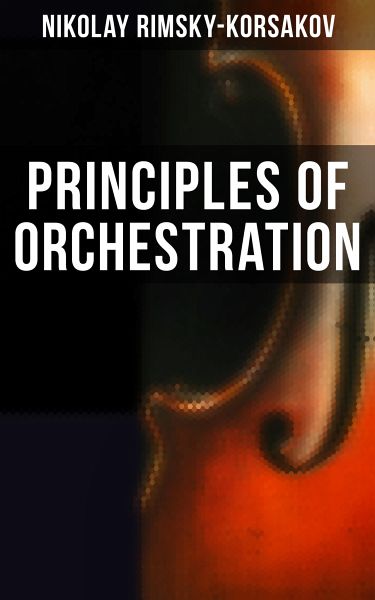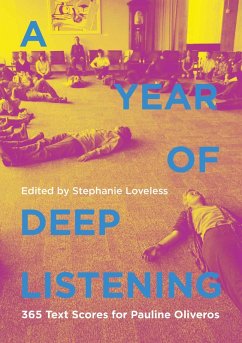
Principles of Orchestration (eBook, ePUB)

PAYBACK Punkte
0 °P sammeln!
Nikolay Rimsky-Korsakov's 'Principles of Orchestration' is a seminal work that provides a comprehensive guide to the art of orchestrating music. Written in a clear and detailed manner, Rimsky-Korsakov delves into the intricacies of instrument combinations, tone colors, and the technical aspects of scoring for orchestras. This book is essential for composers, music students, and anyone interested in understanding the principles behind orchestration. Rimsky-Korsakov's literary style is authoritative yet accessible, making this book a valuable resource for both beginners and experienced musicians...
Nikolay Rimsky-Korsakov's 'Principles of Orchestration' is a seminal work that provides a comprehensive guide to the art of orchestrating music. Written in a clear and detailed manner, Rimsky-Korsakov delves into the intricacies of instrument combinations, tone colors, and the technical aspects of scoring for orchestras. This book is essential for composers, music students, and anyone interested in understanding the principles behind orchestration. Rimsky-Korsakov's literary style is authoritative yet accessible, making this book a valuable resource for both beginners and experienced musicians. Set within the context of the Romantic era, this text showcases Rimsky-Korsakov's profound knowledge and expertise in the field of orchestration. His own compositions, such as 'Scheherazade,' serve as exemplars of his mastery in orchestrating music. 'Principles of Orchestration' stands as a testament to Rimsky-Korsakov's legacy as a prominent figure in Russian music history. I highly recommend this book to anyone looking to enhance their understanding of orchestration and explore the principles behind creating rich and dynamic musical compositions.
Dieser Download kann aus rechtlichen Gründen nur mit Rechnungsadresse in A, B, BG, CY, CZ, D, DK, EW, FIN, F, GR, H, IRL, I, LT, L, LR, M, NL, PL, P, R, S, SLO, SK ausgeliefert werden.













